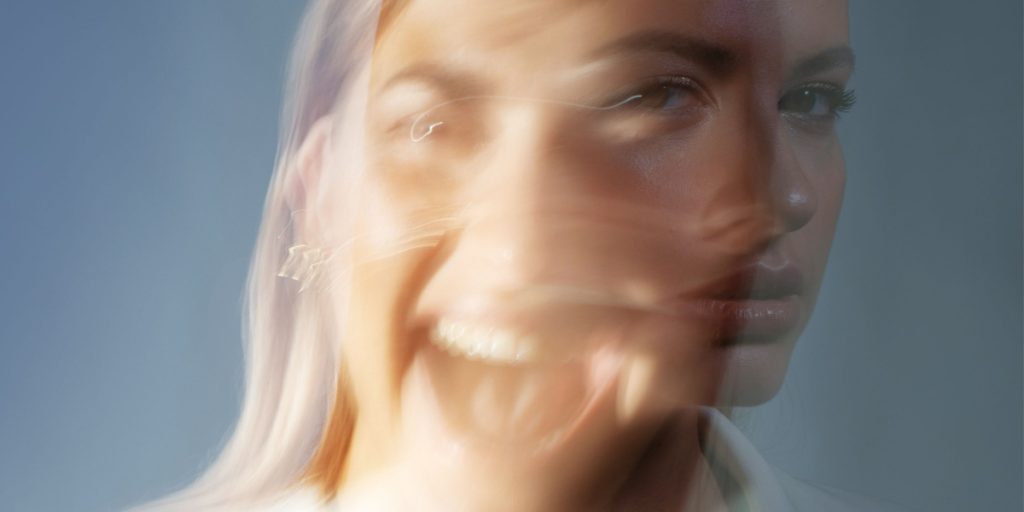If faces look like demons, you could have the extraordinary condition known as prosopometamorphopsia.
Others are reading now
Imagine looking at a face and seeing it transform before your eyes. This is the daily reality for individuals with a rare condition known as prosopometamorphopsia (PMO), which causes facial features to appear distorted.
The term ‘Prosopometamorphopsia’ combines the Greek word for face, ‘prosopon’, with ‘metamorphopsia’, denoting perceptual distortions.
Symptoms of PMO can affect the shape, size, color, and position of facial features, lasting from days to years, as explained by a Dartmouth-based website dedicated to the condition.
A Dartmouth Study Sheds New Light
A recent study from Dartmouth, published in The Lancet’s “Clinical Pictures” section, brings new insights into PMO by providing accurate, photorealistic visualizations of the facial distortions experienced by a patient with this condition. Unlike most PMO cases, the 58-year-old male participant of the study only sees distorted faces in person, not when viewing them on a screen or paper, describing these in-person faces as appearing “demonic”.
Also read
This unique aspect of his condition allowed researchers to depict his perceived distortions with unprecedented accuracy.
By comparing a photograph of a face on a computer screen to the actual face, and adjusting the image based on the patient’s real-time feedback, the research team could visualize the distortions as the patient sees them.
“In other studies of the condition, patients with PMO are unable to assess how accurately a visualization of their distortions represents what they see because the visualization itself also depicts a face, so the patients will perceive distortions on it too,” says lead author Antônio Mello.
Misdiagnosis and the Path to Recognition
The research also addresses the challenges faced by those with PMO in seeking understanding and accurate diagnosis.
Senior author Brad Duchaine shares that some individuals with PMO have been mistakenly diagnosed with psychiatric disorders such as schizophrenia and treated with anti-psychotics due to their unusual visual experiences.
“It’s not uncommon for people who have PMO to not tell others about their problem with face perception because they fear others will think the distortions are a sign of a psychiatric disorder,” Duchaine adds.
The Dartmouth study aims to raise public awareness about PMO, clarifying its nature as a visual system issue rather than a psychiatric one. Through their work, the researchers hope to foster a greater understanding of this rare condition and the experiences of those who live with it.








